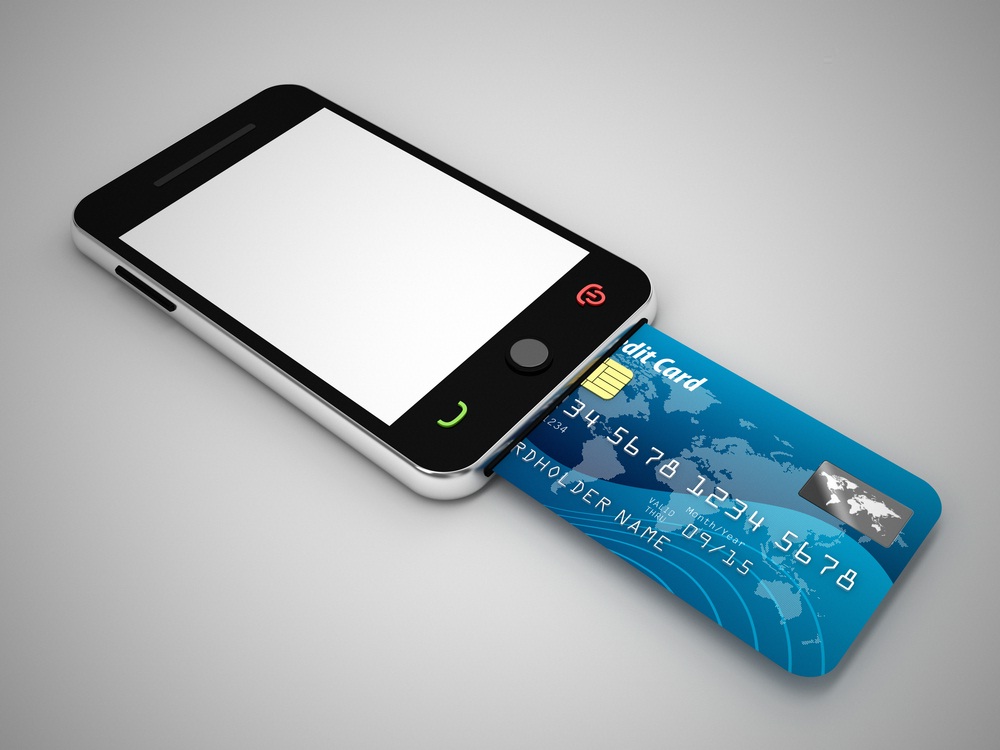Many merchants who bring their businesses with them wherever they go share the same concern: how can they collect customer payments on service calls or at shows and fairs without having to take only cash? Fortunately, there has been a huge break in this scenario. Now, you can be ready to quickly swipe a card and accept payment on the fly. Here’s how:
The Wonder of the Mobile Credit Card Reader
A mobile or wireless credit card reader is a small tool that you just plug into a mobile device to automatically facilitate a credit card payment. With a secure system, you have the freedom to process transactions and also perform a myriad of tasks from adding taxes, tipping, recording cash, checking sales and sending receipts via email or printing them out. One good thing about point-to-point encryption is the device will never store sensitive the credit card information of customers. A mobile POS system, in general, allows you to control sales data better with instant access and downloading of transaction records straight from a mobile POS device.
Credit Card Processing: Who Makes It Happen?
In considering mobile payments, it helps to understand how credit card payments are processed. The entire process of accepting card payments can be confusing for small businesses, especially since the banking industry is normally riddled with middlemen. To help clarify who is involved in a typical credit card transaction, check the list below:
- The customer: Of course, the process starts with the customer seeing an item she/he wants to buy and is willing to pay the price.
- The merchant: This is the business owner who is always happy to make a sale.
- The merchant service provider: These people charge a monthly subscription fee to process card payments. Some of them also own a credit card payment terminal and have it rented or leased out.
- Payment gateway: This service transmits customer data from the merchant service provider to the next stop in this chain.
- Processors: These guys handle data transmission that is necessary to authorize the payment of a card issuer.
- Issuing bank: This is the credit card issuing bank, which takes the largest chunk of money.
- Card association: A bureaucratic network of similar banks that may represent your credit card brand.
- Merchant bank: The financial institution that takes care of accepting every transaction and ensuring payment.
Technology and Hardware Costs
All these moving components come at a small range of fees that may include a fixed transaction fee and an interchange fee, which is typically a percentage of a sale value. There may also be a discount rate for each card sale and other miscellaneous fees such as chargeback costs and authorization fees. On top of this is the hardware equipment, which will depend on your needs and can be as low as $49 to $199 per month, a steal compared to what legacy POS systems cost businesses. Indeed legacy POS systems were expensive.
How Mobile Credit Card Processing Works For You
Even though many merchants are still wary to try mobile credit card payment processing because it’s a new technology, its list of features and benefits make a strong argument why it should be adopted:
- Sleek Technology: The hardware devices included in a mobile POS system are simple and typically compact; take the Shopify as an example. Because it’s designed for businesses on the go, it comes with a small iPad stand and card reader that can be simply attached into a tablet or smartphone to turn your device into a sleek payment terminal. Businesses can say goodbye to their chunky, costly and outdated credit card terminals. Usually, mobile card readers are free when you subscribe to a provider’s ecommerce solution plan.
- Simpler Pricing Structure: Normally, credit card processing fees are filled with many layers and can be quite complex, which makes it very hard to determine an average monthly fee of mobile systems. Nonetheless, mobile POS systems are considerably cheaper than legacy systems with simple pricing plans that interested customers can choose from.
- No Fixed Contracts: A mobile POS system is perfect for those who are still developing a business concept or has a seasonal nature of business. These services will not lock you into an annual contract with monthly fees. You will be charged a fee per month with the option to cancel at no cost.
- Mobility: Since your POS device is portable, you can obviously bring it wherever you go, so you’re always ready to make a sale wherever a customer is.
Not only is your mobile device well suited for entertainment and your usual social media apps, but now you can also use it to boost your business. The quickly evolving technology that powers mobile credit card processing can bring money to your bottom line fast and ensure you capture every sale.
